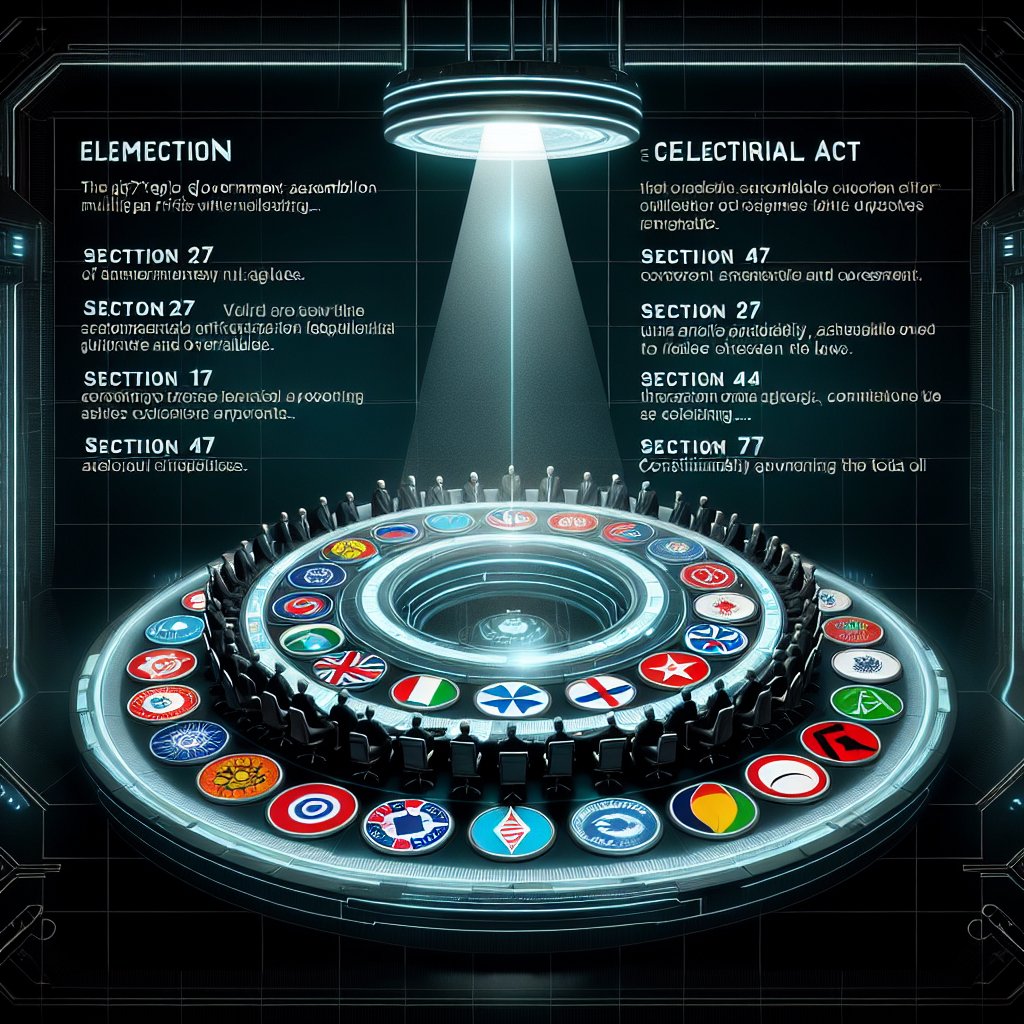Content created by Bailey Satori
Ethical Concerns Cloud South Africa's GNU Cabinet Amidst Corruption Allegations
The second edition of the FW de Klerk Foundation's analysis series has cast a spotlight on the composition of South Africa's Government of National Unity (GNU), highlighting the inclusion of controversial figures within the Cabinet and raising serious questions about the impact on the nation's governance. The findings, which follow up on an initial review of contentious Members of Parliament, are part of an ongoing discussion on leadership integrity that resonates deeply with South African citizens and observers alike.
At the heart of the discussion lie several Cabinet members now shadowed by corruption allegations or legal challenges that stand in stark contrast to the GNU's declared intent to promote integrity and accountability. The Cabinet, chiefly composed of Members of Parliament (MPs), is meant to exemplify the principles laid out in the GNU Statement of Intent. However, the credibility of this commitment is threatened by the presence of individuals under serious ethical scrutiny.
A critical lens is cast over the selection process for MPs, highlighting the rigorous internal party assessments and declarations mandated by section 27 of the Electoral Act, 1998. These measures are designed to ensure candidate suitability to the role and adherence to the Electoral Code of Conduct. Subsequently, the appointment of ministers from this pool should advance these commitments, not undermine them.
The article outlines the diverse political landscape that has led to the formation of the new GNU, drawing attention to ten different parties that joined forces in a coalition representing over 70 percent of the electorate. Each party entered the coalition bringing varied demands and visions for South Africa, creating a melting pot of political ideologies aimed at addressing the nation's key challenges.
The ANC's coalition with the DA, a historical rival, sets the tone for the GNU's progressive intention to transcend past political divisions for the national good. However, the scrutiny of individual Cabinet members' integrity could jeopardize the coalition's ability to effectively implement its mandates.
Among the officials facing allegations are high-profile figures such as Deputy President Paul Mashatile, who is entangled in near two-decade-long allegations of living a lavish lifestyle funded by government contract beneficiaries. Further down the list are ministers like Angie Motshekga, now in charge of Defence and Military Veterans, and Kgosientsho Ramokgopa, designated as Minister of Electricity and Energy, both of whom face their separate accusations of corruption.
The article emphasizes the significant potential repercussions of these allegations, noting that if any successful prosecutions were to lead to imprisonment of over twelve months without the option of a fine, these ministers would be disqualified from Parliament in accordance with section 47(1)(e) of the Constitution – thereby stripping them of their ministerial roles.
With the analysis laying bare the considerable ethical challenges that temper the GNU's establishment, the South African public is left pondering the durability of the coalition's ethical framework. High office bearers' adherence to oaths of office and ethical standards is paramount not only for upholding constitutional imperatives but also for ensuring the GNU's foundational commitment to integrity and good governance.










